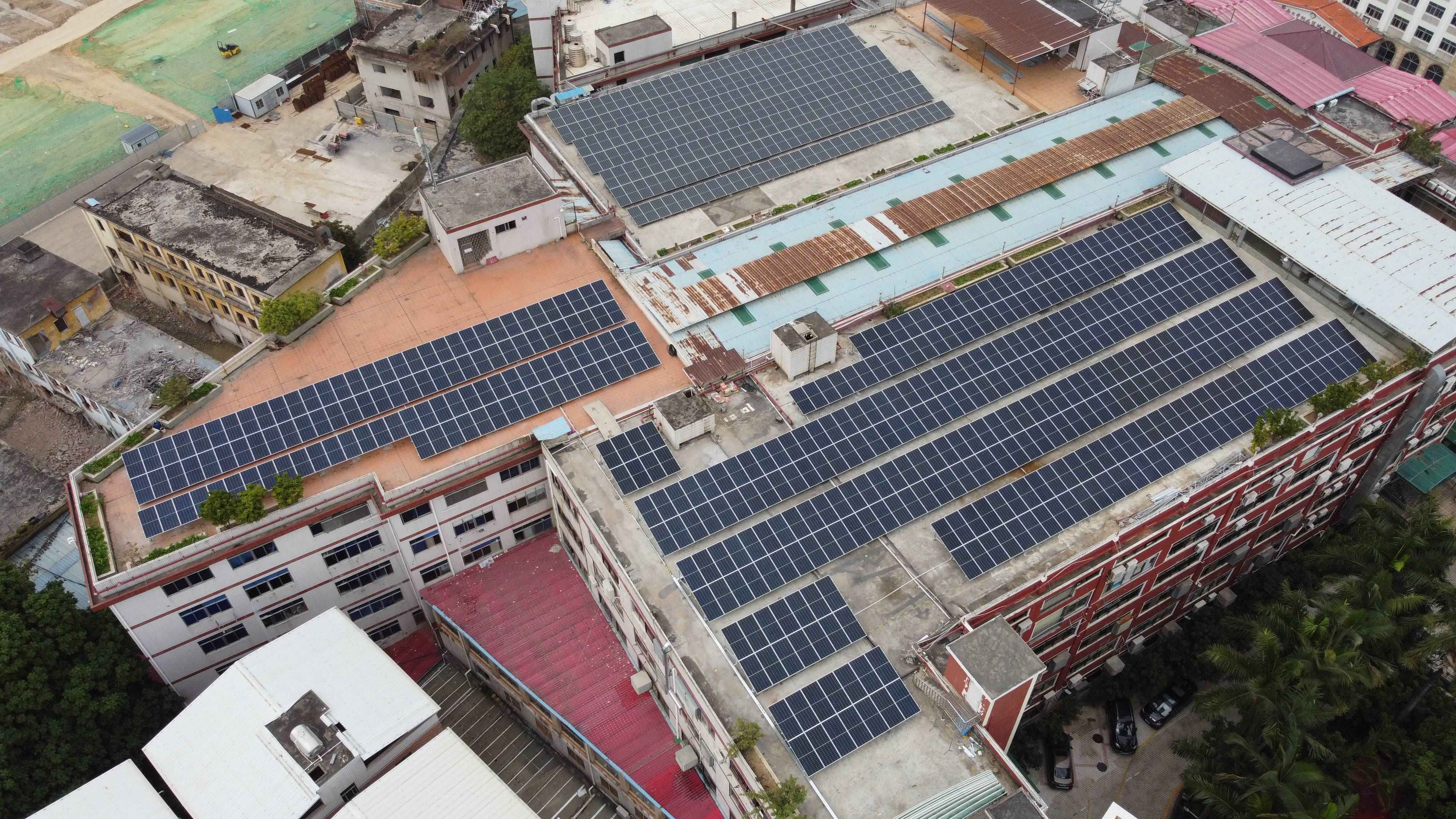
7 月 . 28, 2024 01:43 Back to list
Emerging Trends in Energy Storage Solutions and Their Impact on Future Technologies and Sustainability
Trends in Energy Storage A Key to a Sustainable Future
As our world becomes increasingly reliant on renewable energy sources, the significance of energy storage technologies continues to grow. This shift is essential for managing the intermittency of renewable energy, such as solar and wind, which can fluctuate based on weather conditions and time of day. The last few years have seen remarkable advancements in energy storage solutions, driven by the demand for greater energy efficiency, improved grid reliability, and the urgent need for climate action.
Innovations in Battery Technology
One of the most notable trends in energy storage is the rapid evolution of battery technology. Lithium-ion batteries, which have dominated the market for years due to their high energy density and declining costs, continue to see improvements in performance and longevity. Innovations such as solid-state batteries promise enhanced safety, greater energy capacity, and faster charging times. Companies are investing heavily in research and development to overcome the limitations of traditional lithium-ion batteries, focusing on materials like silicon anodes, which could significantly increase energy density.
Moreover, alternative battery technologies, such as flow batteries and sodium-ion batteries, are gaining traction. Flow batteries, for example, offer longer discharge times, making them well-suited for large-scale energy storage applications. These technologies have the potential to complement lithium-ion batteries, providing a more diverse energy storage portfolio tailored to different needs and environments.
Growth in Grid Energy Storage
The deployment of energy storage systems within the power grid is another pivotal trend. Grid-scale storage allows for the integration of renewable energy sources by storing excess energy generated during peak production times and releasing it when demand is high. This capability not only stabilizes the grid but also enhances resilience against outages and emergencies.
Policies and incentives promoting renewable energy adoption are driving investments in large-scale energy storage projects. Countries around the world are implementing electricity market reforms and subsidies that encourage the development of storage infrastructure. Companies are increasingly recognizing the economic benefits of energy storage systems, leading to a surge in installations globally.
energy storage trends product

The Rise of Decentralized Energy Storage
In addition to large-scale grid storage, there is a growing trend toward decentralized energy storage solutions. Homeowners and businesses are increasingly investing in battery storage systems to maximize their use of solar energy. These systems allow users to store energy produced during the day for use at night, reducing reliance on the grid and lowering electricity costs.
This shift to decentralized energy storage empowers consumers, making them active participants in the energy market. As technologies such as home solar batteries become more affordable and efficient, we can expect to see a significant increase in household energy storage adoption, leading to a more resilient and sustainable energy ecosystem.
Environmental Considerations and Recycling
With the growth of energy storage technologies, there is also a heightened awareness of environmental sustainability. The production and disposal of batteries pose environmental challenges, including resource depletion and hazardous waste. Companies are now focusing on developing recycling methods and creating closed-loop systems to recover valuable materials from spent batteries.
The move towards environmentally friendly practices is not just a corporate responsibility but a market demand. Consumers are increasingly prioritizing sustainability in their purchasing decisions, prompting manufacturers to consider the entire lifecycle of their products.
Conclusion
As the energy landscape continues to evolve, the trends in energy storage play a crucial role in enabling a sustainable future. From advancements in battery technology to increased investments in grid and decentralized storage solutions, these developments are vital for transitioning towards a cleaner and more resilient energy system. The ongoing innovations and focus on sustainability will ensure that energy storage remains at the forefront of the global push towards renewable energy and environmental responsibility. As we move forward, the integration of these solutions promises not only to enhance energy reliability but also to help mitigate the impacts of climate change.
-
FREMO Portable Power Station High-Capacity, Lightweight & Reliable
NewsMay.30,2025
-
24V DC Power Supply Certified & Efficient Home Depot Exporters
NewsMay.30,2025
-
12V 2A DC Power Supply for Home Depot Trusted Supplier & Exporter
NewsMay.29,2025
-
Energy Storage Power Station Solutions Reliable & Efficient Products
NewsMay.29,2025
-
Portable Power Station R100 High-Capacity & Reliable Backup Power
NewsMay.29,2025
-
Energy Management System EMS
NewsMar.07,2025


